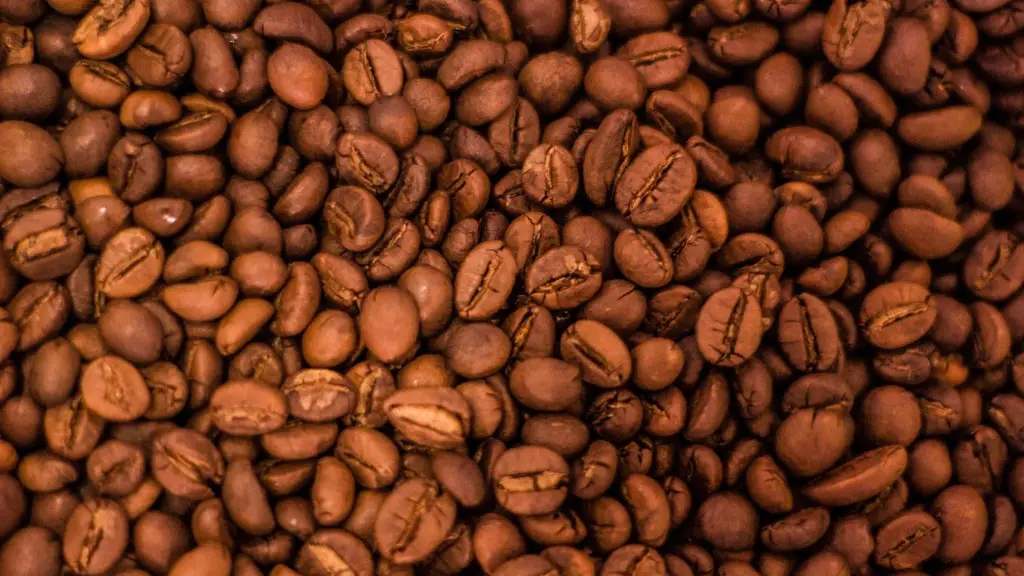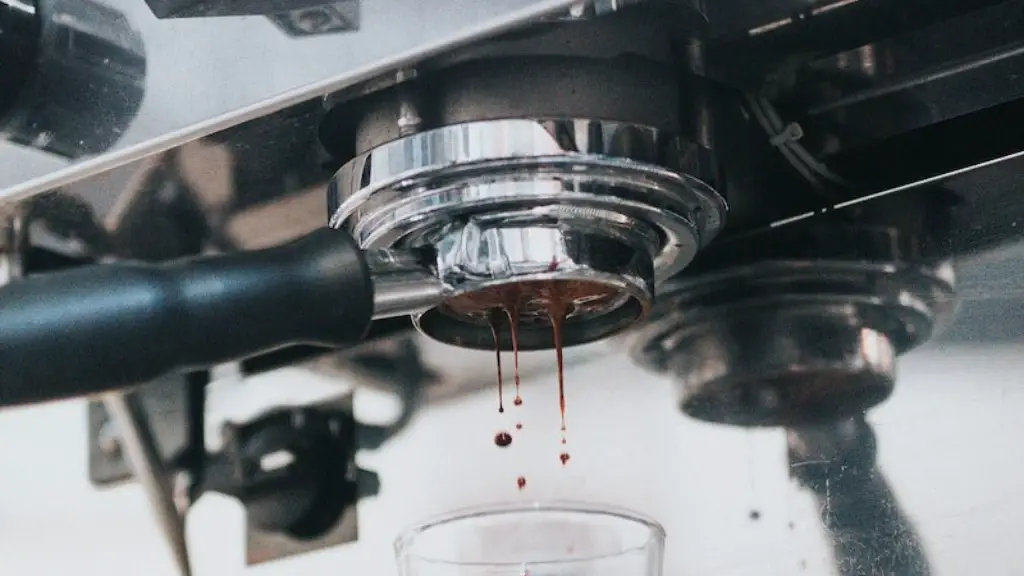Just because you’re not an avid coffee fan and embrace caffeine wholeheartedly, doesn’t mean you have to miss out on the enjoyable experience of drinking a cup of coffee. Decaffeinated coffee, or “decaf” as it is often referred to, has become an increasingly popular option amongst the public. In some parts, the crave for decaf has morphed into an almost trendy demand. But is decaf really the healthier option? Let’s take a look.
There is an interesting human phenomenon associated with decaffeinated coffee. Essentially, people who drink decaffeinated coffee believe that it is healthier for them and therefore, must be healthier for them. Our bodies are clever and associate certain facts with our experiences. For example, people derive a certain pleasure from drinking coffee. Thus, our bodies perceive drinking decaffeinated coffee as a better, healthier experience. This may or may not be accurate, however.
So how does one process coffee beans for the decaffeination process? To make decaffeinated coffee, the roasters remove the caffeine content of the coffee beans by soaking them in solvents. The solvents used can be either natural or chemical, depending on the model and quality of the coffee. Unfortunately, it is no secret that some of the chemical treatments used to decaffeinate can leave nasty residues behind, as well as take away some of the key aromas and flavours that make a good cup of coffee. Another way to get rid of caffeine is to naturally remove it by utilizing water, steam, or carbon dioxide. This tends to make the coffee more stable in terms of flavour and retains more of its natural nutrients.
Caffeine itself has its pros and cons. It is full of antioxidants, which can relieve inflammation and even reduce our risks of certain types of cancer. But caffeine is also known to cause heart palpitations, anxiety, nervousness, lack of sleep, and more. Additionally, seemingly insignificant amounts of caffeine can be stored in our bodies for up to six times longer than when we are exposed to moderate amounts.
In conclusion, it is up to the individual whether or not drinking decaffeinated coffee is worthwhile in terms of health and personal preference. Decaffeinated coffee has its benefits and drawbacks, and it is necessary to look into both before deciding if decaffeinated coffee is the right choice for you.
How is Decaffeinated Coffee Made?
When it comes to the making of decaffeinated coffee, the beans used can either be processed with the traditional chemical-based treatments or with a more natural procedure. Typical chemical treatments for coffee beans include the use of ethyl acetate, heat, and water. Whereas, the more natural methods use carbon dioxide or certain enzymes for the decaffeination process. The drawback of the natural decaffeinated coffee process is that it is more expensive than the chemical-based process.
The procedure for making decaffeinated coffee often involves soaking the coffee beans in liquid or supercritical carbon dioxide in order to remove the caffeine molecules found in the coffee beans. Then, the caffeine-depleted beans are heated to a temperature to evaporate the liquid or carbon dioxide that was used to extract the caffeine. When the beans are heated, they become brittle, allowing the remaining caffeine crystals to be removed. After the beans cool, they are ready to be roasted to make the delectably smooth, smooth decaffeinated coffee.
Pros and Cons of Decaf Coffee
Consuming decaf coffee does have some advantages, such as it having no sugar, no calories, and generally having less caffeine than regular coffee. The lack of sugar and calories makes the brew a great option for those looking to reduce their sugar and calorie intake. Also, decaffeinated coffee tends to have a smoother and less bitter taste to it. This makes it ideal for those who do not necessarily like the strong taste of regular coffee.
On the flip side, brewing methods that require the use of supercritical carbon dioxide may not necessarily remove all of the caffeine. As a result, decaffeinated coffee can still contain up to 5 cups of caffeine per cup. Decaffeinated coffee has also been found to have a U-shaped relationship with health outcomes. Higher consumption of decaf has been linked to an increased risk of cardiovascular disease, while moderate intake of decaf may even have a protective effect on cardiovascular health.
Are There Alternatives to Decaf Coffee?
Yes, if you wish to avoid the caffeine in coffee but still have a pleasant cup of joe, there are various alternatives to decaffeinated coffee. You may opt for non-coffee beverages, like herbal tea, herbal extract, Yerba Mate, and chicory coffee. Some people even find that decaf tea has the same taste and benefit to regular tea, with the exception of no caffeine content. A perfect way to avoid caffeine altogether and still enjoy a warm cup of stimulating beverage.
If you are looking for a less bitter option than decaf coffee, you may want to try specialty coffee blends that replace regular coffee with chicory and other ingredients. Chicory has some solid health benefits and adds a distinct flavor profile that complements different varieties of coffee blends. The same goes for substitute coffees like dandelion and barley coffee.
What are the Health Benefits of Decaf Coffee?
Decaffeinated coffee has been long-known to contain antioxidants and some speculated health benefits. Because regular coffee often contains cafestol, a compound that has been linked to an increased risk of heart disease, removing cafestol from coffee generally makes it preferable to regular coffee. Decaffeinated coffee may also have some sort of benefit on cognitive abilities and muscle fatigue.
Additionally, as decaffeinated coffee is decaffeinated before its acidity is reduced, it helps reduce problems related to gastrointestinal issues. For example, some can experience indigestion and heartburn due to regular coffee, but the same persons may not experience these issues with decaffeinated coffee. Finally, some people find that moderate consumption of decaffeinated coffee improves the mood for certain people, which can serve to improve overall quality of life.
How Much Decaf Should I Drink?
Generally, it is advised that you stick to the recommended intake of decaffeinated coffee, which is around 200mg of caffeine per day. Limit your intake to no more than five espresso cups per day if you are consuming decaf espresso. If you are opting for an alternative such as chicory coffee or herbal teas, be sure to consume them in moderation as well. Keep in mind that decaf coffee still contains some trace amounts of caffeine, so consuming too much can cause problems such as restlessness, headaches, and hysteria.
It is important to take into account the kind of decaf coffee you are drinking before you make a judgment on your daily amount. Some coffees in the decaf category may contain more caffeine than regular coffees, while others do not. In some cases, it pays to be cautious, but generally, it is safe to enjoy a cup of decaffeinated coffee without fear of exceeding the recommended daily caffeine intake.
Are There Alternatives to Store Bought Decaffeinated Coffee?
For those opting to make their own decaffeinated coffee, there are some methods. To make coffee that is 99.9% caffeine-free, some recommended ways include the Swiss Water Process and the Mountain Water Process. Both processes are natural and chemical-free, so those looking for something a bit more natural can go for one of these processes. For those that want to go the extra mile and get rid of even more caffeine from their coffee, the Direct-Solvent Method is also an option.
It should be noted that these methods can take more time and effort, but the results are often more than worth it. Also, it should be noted that decaffeinated coffee beans can nowadays be purchased from a variety of stores, particularly specialist coffee shops.
What Are the Benefits of Decaffeinated Tea?
Drinking decaffeinated tea offers several benefits. First of all, since it has no caffeine content, it is a better option for those trying to avoid or reduce their caffeine intake. Additionally, it is lower in tannin than regular tea, making it a better choice for those who are prone to headaches or stomach problems. Furthermore, the lack of caffeine in decaffeinated tea will not result in the usual ‘crash’ post the consumption of large amounts of caffeine found in regular tea.
In addition, Decaffeinated tea also offers a variety of nutritional benefits. Decaffeinated teas, like regular teas, contain high concentrations of antioxidants and vitamins as well as minerals. These nutrients are beneficial for strengthening your immune system, helping to regulate your weight, and reducing risks of certain diseases. They can also help to improve your metabolism and even reduce levels of bad cholesterol.
Conclusion
Decaffeinated coffee is a popular choice for those looking for a cup of coffee in the morning or evening, but without the jolt of caffeine associated with its counterpart. As we have seen, decaffeinated coffee has both its pros and cons and it is important to consider both before deciding if it is the right choice for you. Additionally, there are alternatives to decaf coffee and some of these, like chicory coffee and herbal teas, can provide a similar taste and beneficial properties without the caffeine.
Finally, it is necessary to keep an eye on your daily caffeine intake and not exceed the recommended 200mg of caffeine per day. Decaffeinated tea is a great option if you are wanting to further reduce your overall caffeine intake but still enjoy a warm cup of stimulating beverage.





